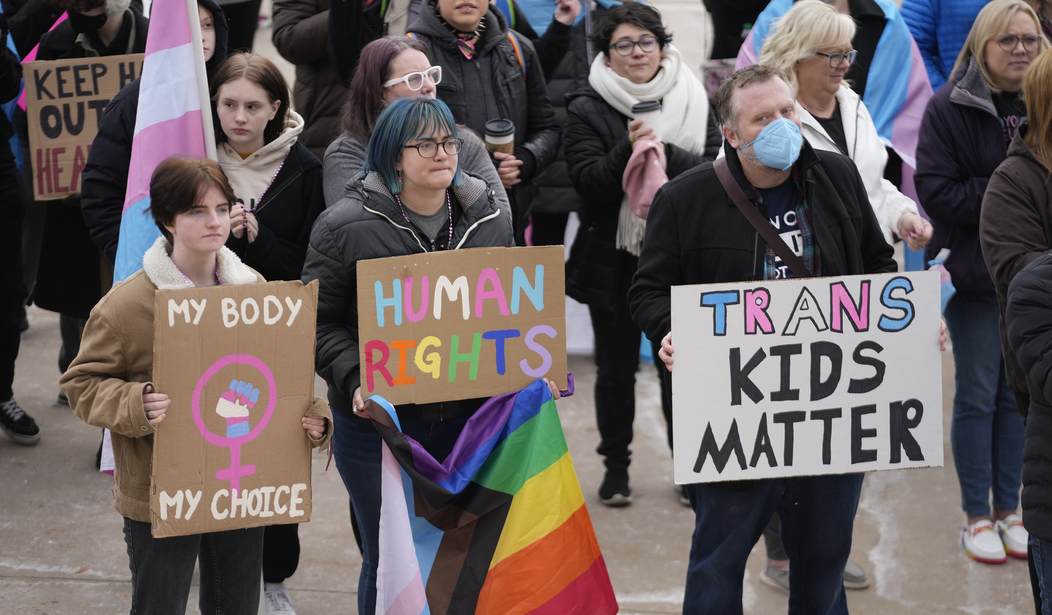The United Kingdom’s National Health Service (NHS) announced a significant shift on Tuesday in its approach to treating children suffering from gender dysphoria. Moving forward, the agency will substantially limit the prescribing of puberty blockers to children.
The policy change is rooted in concerns over the lack of long-term evidence that “gender-affirming care” treatments are safe and effective for minors. The decision represents a significant moment in the ongoing debate over how to treat children who are confused about their gender.
England's National Health Service banned the use of puberty blockers for children seeking treatment for gender dysphoria, citing limited research.
Puberty blockers, or gonadotropin-releasing hormone analogues (GnRHa), is a class of drugs that suppresses sex hormones in adolescents by continually stimulating the pituitary gland. It will now only be available to children in limited ways, such as clinical trials.
The NHS's website said, "Puberty blockers (gonadotrophin-releasing hormone analogues) are not available to children and young people for gender incongruence or gender dysphoria because there is not enough evidence of safety and clinical effectiveness."
NHS England had previously ordered the London-based gender identity clinic at the Tavistock and Portman Trust to shut its doors amid safety concerns.
The shift comes amid various studies conducted in European nations showing that “gender-affirming care” not only provides no benefit to children with gender dysphoria but often causes more damage to their mental health. The NHS initiated a review in 2020 in which it decided that “all children being referred for treatment will from April instead attend two new clinics” instead of being treated at more medical facilities.
"Some European countries, such as Finland, Norway, and Sweden, have been exercising increased caution," according to a recent report underscoring the fact that nations that embraced “gender-affirming care” long before the United States are now pulling back from the practice.
In January, the NHS first announced that it would be taking this step while taking action to closely monitor the use of puberty blockers on minors.
NHS England also announced the establishment of an oversight board to look into the effects of puberty blockers:
NHS England has established a new national Children and Young People’s Gender Dysphoria Research Oversight Board which has now approved the development of a study into the impact of puberty suppressing hormones (‘puberty blockers’) on gender dysphoria in children and young people with early-onset gender dysphoria. More information on the Board and the study can be found in the consultation report.
The report continued:
The Service will adopt a holistic, multi-disciplinary integrated approach to assessing and responding to an individual’s needs in view of the range of co-presentations that may typically present in this patient cohort, and the range of complexities relating to gender identity development. The most appropriate clinical pathway in the best interests of the child or young person will be determined through an integrated multidisciplinary team (MDT) approach, fully involving the child or young person and their family.
Maria Caulfield, a junior health minister in the U.K., lauded the move, noting that “Ending the routine description of puberty blockers will help ensure that care is based on evidence, expert clinical opinion and is in the best interests of the child.”
The United Kingdom’s move away from “gender-affirming care” is a significant step, one that could portend similar action from other countries that have previously championed these treatments for children. The coming years will be critical in shaping people’s understanding and approach to giving the best care for children experiencing gender dysphoria.












Join the conversation as a VIP Member